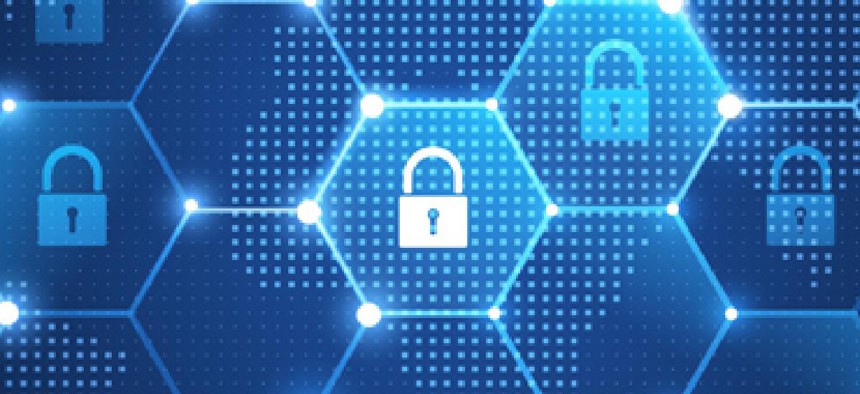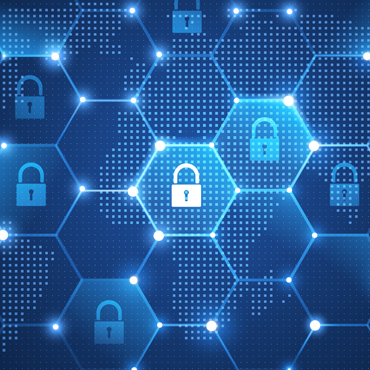USAF official: Why elevating CyberCom isn't enough

Making cyber a combatant command is sign of the Pentagon's priorities, but it will take collaborative leadership to facilitate cyber readiness, says an Air Force cyber leader.

Elevating U.S. Cyber Command to a full combatant command is a sign of how seriously the Defense Department is taking cyber issues, but it might not be enough to affect lasting change.
According to U.S. Air Force Col. Todd Stratton, director of the AFCYBER Forward group, it will take unified command leadership to ensure cyber dominance.
"This is a contested warfighting domain and it needs a unified combatant commander in charge of that," Stratton said during a panel at Fifth Domain's Cybercon 2017 event on Nov. 28. He did say that the command's elevation would "simplify our combatant command relationships," and called it a critical move that will lend "an increase of effectiveness" to the combatant commands.
"That can't be underestimated," Stratton said. "It helps everyone; it helps Strategic Command it helps Cyber Command, it helps all the subordinate commands as a simplified arrangement."
The White House announced in August that it would elevate U.S. Cyber Command to a full combatant command per the 2017 national defense authorization bill. The move puts off any decision about whether to split the commander job from the NSA director position, both currently held by Adm. Michael Rogers.
CyberCom's director of intelligence, Brig. Gen. Timothy Haugh, said the elevation primarily shows where the DOD's future priorities are.
"What it really shows today is where cyber fits in the Department of Defense," Haugh said. "It's an impact on everything that we do, both from the ability to command control and also present options to policymakers that are going to give a full spectrum series of options across all commands," he said.
And with the 2018 defense spending bill, Congress has increased pressure on DOD and the White House to deliver those cyber options in the form of a concrete cyber warfare strategy.
Stratton told FCW following the panel that, similar to elevating CyberCom to combatant status, having a clear and "digestible" cyber plan will benefit military and other government components as well as the public.
As a cyber component we're going to salute smartly and execute whatever the policymakers decide but I think it's a continued emphasis on cyberspace as a warfighting domain," he said. "It's the outward projection of the strategy that's important, it has to be digestible it has to be understandable by the public and the world really to be a part of the deterrence [efforts]."
In addition to unifying the commands, Haugh said he wants to unify information sharing and intelligence priorities across DOD partnering with all the combatant commands to better deter against threats.
"Whether its defending our tactical weapons systems or defending our networks, what are the key indicators of compromise that we all need to be aware of?" he asked. "How do we commonly share anomalous activity both internal the Department of Defense as well as with the other agencies that will work with industry?"



